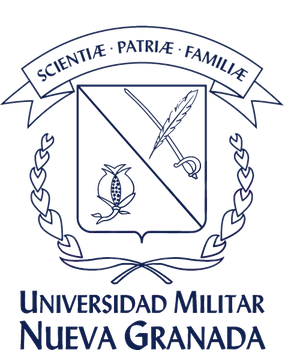About the Journal
Focus and Scope
The authors guarantee that their articles are unpublished, and hence they cannot simultaneously send them to any other publication once they submit them to the Education and Social Development Journal. The Journal favors academic contributions which obey to characteristics not only of originality but of scientific quality, according to the typology defined by Publindex:
- Scientific Research Articles: They present, in detail, the original results of already finished research projects. The structure generally used is made up by four main sections: Introduction, Methodology, Results, and Conclusions.
- Reflection Articles: They present the results of already finished research, from an author’s analytic, interpretative, or critical perspective regarding a specific topic and resorting to original sources.
- Review Articles: This document is an outcome of an already finished research where the results of published or unpublished investigations in any given field of science and technology are analyzed, systematized, and integrated to divulge progresses and tendencies in development. It is characterized by containing a detailed bibliographical review of at least 50 references.
It is possible that the Editorial Committee might consider documents which correspond to or are related with research, e.g. short articles, case reports, topic reviews, and letters to the editor.
Peer Review Process
The Journal appeals to the mechanism of external peers’ assessment, following a blind arbitration procedure – striving to protect the good name of evaluators and writers – as a way to achieve maximum impartiality at the moment of expressing a concept.
In the peer evaluators’ selection, the Journal, through the Editorial Committee and the Editor, makes sure that the assessment is developed by people with informed knowledge in topics related with Education and Social Development. It is also intended that the evaluators have considerable research experience, this to guarantee the validity of their judgments. The later must be oriented by criteria such as originality, relevance, structure and grammar, syntax, concept development, generation of new knowledge, and referential support.
Sponsors
- Universidad Militar Nueva Granada












